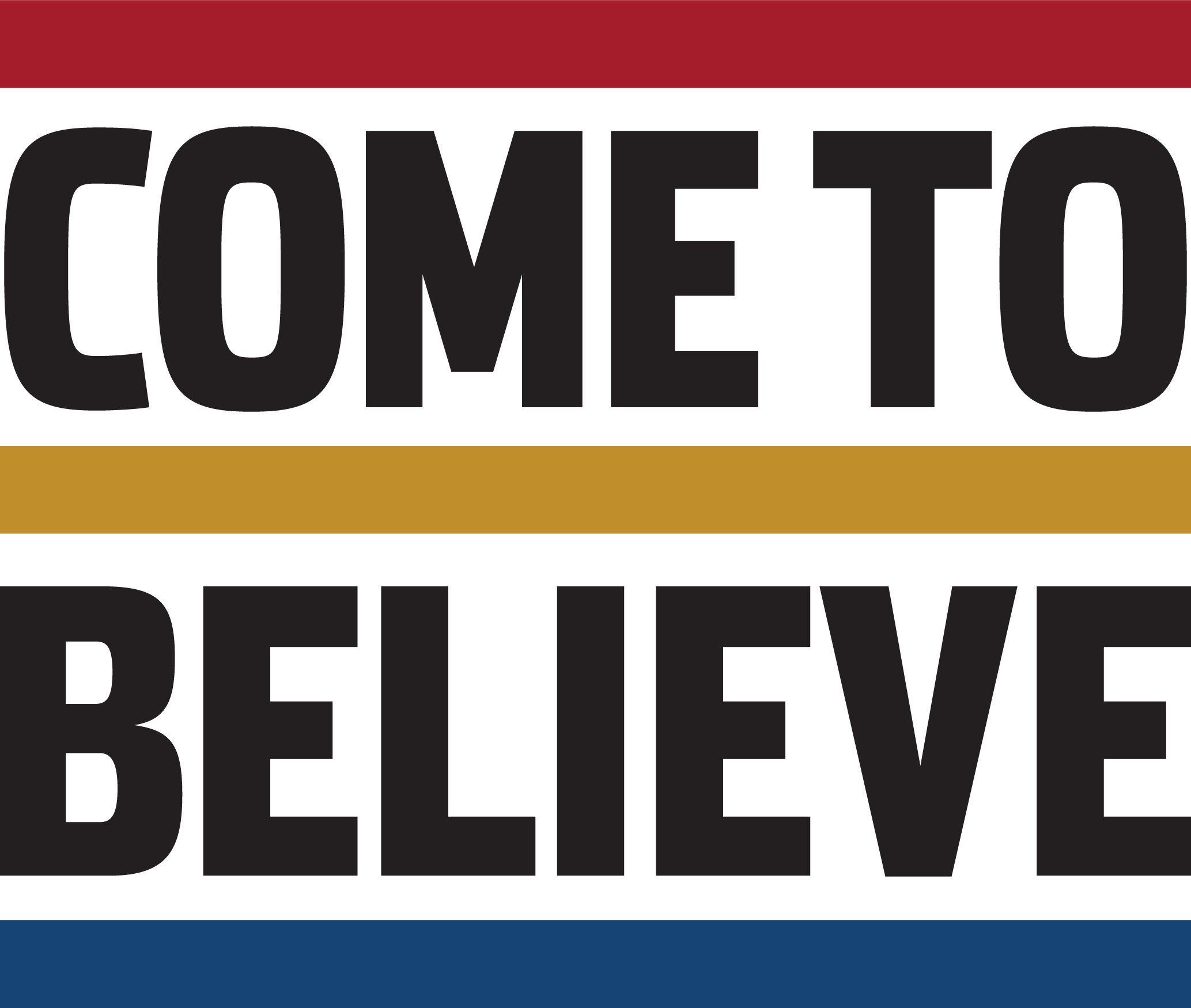Pell is Essential: Alumni Profile - Tariah Roberts
As Congress considers the level and structure of funding for federal need-based grant aid as part of its budget negotiations, Come to Believe is highlighting the voices of graduates from Arrupe College and Dougherty Family College. These talented individuals demonstrate the impact of federal investments in undergraduate financial aid. Their stories show that federal funding for financial aid, in the words of one alumna, is “not just helpful, it is essential.”
Tell us a bit about yourself. What year did you graduate from DFC? What are you up to now? What are your academic/professional goals?
Hi, I’m Tariah. I’m a first-generation college student, and I graduated from DFC in 2024. I’m currently a rising senior at the University of Minnesota majoring in Strategic Communication, with an emphasis in public relations and advertising. My goal is to work in corporate PR, helping brands communicate clearly and authentically, especially during high-stakes moments. I’m also passionate about using media and storytelling to amplify the voices of underrepresented communities and make space for perspectives that are often overlooked.
What role did affordability play in your decision to attend college and DFC specifically?
Affordability was one of the biggest factors in my decision. I found out I could graduate high school just 10 days before the ceremony, so I had to make a quick decision about what came next. Since it was already summer, I needed a college option that was both accessible and affordable. I didn’t want to start my college journey with debt, especially at 17 when I didn’t even have a credit score yet. I’ve seen how student loans can impact people’s futures, and I was determined to avoid that if I could. DFC made it possible for me to earn my associate’s degree without taking out loans, and that was a huge relief.
How did DFC support you financially? How did that financial aid support help you be successful in college?
DFC supported me in more ways than I can count. Because my tuition was already affordable and I received grants and scholarships, I didn’t have to work full-time while attending school. I was able to balance a part-time job with full-time classes and still have the energy left to focus on my personal growth. Books and a laptop were included in my tuition, and having a meal plan meant I didn’t have to worry about being hungry during lectures. That financial stability gave me the chance to show up fully in my education without constant financial stress.
How did attending DFC impact your life overall?
DFC helped me grow in so many ways. I went to the same school from kindergarten through 11th grade, so I wasn’t used to meeting new people or putting myself out there. DFC pushed me outside of my comfort zone and helped me build confidence socially and professionally. Through my classes, I gained networking skills, interview experience, and time management habits that I still use today. I also built strong relationships with people like Professor Amir and Katia, who have continued to support me even after I transferred to the U of M. That kind of community made all the difference in helping me feel secure in my transition.
What is a unique memory you can share with us from your time at DFC?
One memory that I’ll never forget happened during finals week in my public speaking class. I was going through a really hard time personally. I was drained mentally, emotionally, and physically. I hadn’t slept the night before, but I still showed up because I didn’t want to miss my final. When it was my turn to present, everything started going wrong. My PowerPoint was on an automatic timer I didn't know how to work, so the slides kept advancing without me. I kept restarting my speech, trying to keep it together, but I was so overwhelmed that I eventually broke down crying in front of the entire class. I felt so defeated in that moment, but what happened next reminded me of the kind of community DFC is. My classmates didn’t judge me, instead, they showed me grace. A few of them texted me after I left the room, asking if I was okay and encouraging me not to be too hard on myself. Professor Amir immediately reached out and offered to let me redo my final on a different day. That moment stuck with me because it reminded me that life happens, and sometimes we just need people to meet us where we are. That kind of compassion is what made DFC feel like more than a school it felt like a support system.
What would you say to a public official about the importance of financial aid for college students?
I would say that financial aid is life-changing. For many students, it’s the only way they’re able to access higher education. Without it, I wouldn’t have been able to afford college, and I know I’m not alone in that. Financial aid eases stress, creates opportunities, and allows students to focus on learning instead of survival. And it’s not just for students from low-income backgrounds many middle-class families need help too. If higher education were free, that would be ideal. But until then, financial aid is essential to making college accessible and equitable for all.

